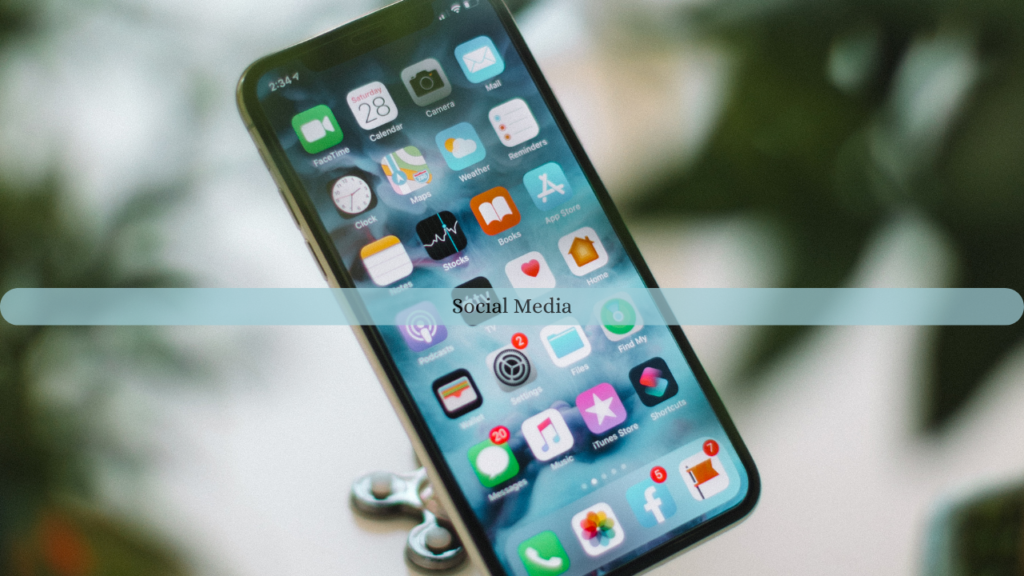
In today’s digital age, social media has become a fundamental part of daily life. With billions of users engaging in platforms like Facebook, Instagram, TikTok, and Twitter, the addictive nature of social media is becoming a topic of concern among neuroscientists and psychologists alike. While these platforms offer ways to connect, share, and communicate, they also introduce significant changes to how our brains function, often leading to an addiction comparable to that of drugs or gambling. This article explores how social media addiction is reshaping the brain and its implications on our well-being.
The Science of Social Media Addiction
Social media platforms are designed to be addictive. By utilizing behavioral psychology techniques such as intermittent rewards (like notifications, likes, and comments), these platforms tap into our brain’s reward system, particularly the release of dopamine, a neurotransmitter associated with pleasure and reward. Every time someone likes a post, sends a comment, or shares a photo, the brain rewards the user with a rush of dopamine, reinforcing the behavior and creating a loop of continuous checking.
This process is similar to how addictive substances like nicotine or alcohol trigger the brain’s reward system. As users scroll through their feeds, anticipate likes, or check notifications, they experience spikes in dopamine, prompting them to return for more. The brain begins to crave these bursts of pleasure, and just like substance addiction, social media addiction can lead to compulsive behaviors where users feel the need to constantly check their phones, even when doing so interferes with their daily responsibilities.
Rewiring the Brain
The constant exposure to these dopamine hits can alter the brain’s structure and function over time. Research shows that social media addiction can change the brain’s gray matter, particularly in regions related to decision-making, emotional regulation, and self-control. These alterations can impair one’s ability to focus, make decisions, and manage emotions effectively.
One key area impacted is the prefrontal cortex, which governs impulse control and decision-making. The more time spent on social media, the more difficult it becomes for individuals to regulate their use of it. Just like other forms of addiction, users may become increasingly reliant on social media for emotional regulation, using it as a crutch to avoid boredom, anxiety, or loneliness.
Another area affected by social media addiction is the amygdala, which processes emotions such as fear and anxiety. With constant exposure to idealized versions of others’ lives, individuals may experience heightened feelings of inadequacy, jealousy, and social anxiety. The fear of missing out (FOMO), exacerbated by the relentless updates on others’ activities, can also create stress and negatively affect mental health.
The Effects on Mental Health
The brain’s rewiring through social media addiction doesn’t just affect cognitive functions but also has significant consequences for mental health. Excessive social media use has been linked to higher levels of anxiety, depression, and loneliness, particularly among younger users. Constant comparisons with others, the pressure to maintain a curated online persona, and the need for social validation can erode self-esteem and lead to feelings of isolation.
Moreover, social media’s fast-paced, always-on nature can lead to information overload, reducing the brain’s ability to process information effectively. This can result in shorter attention spans and difficulty focusing on tasks for extended periods, contributing to lower productivity and increased mental fatigue.
Breaking the Cycle
While social media addiction is a growing concern, it’s important to note that individuals can take steps to regain control. Setting limits on screen time, practicing mindfulness, and engaging in offline activities can help mitigate the addictive grip of social media. Additionally, social media platforms themselves are beginning to introduce features like screen time tracking and notification management to encourage healthier usage patterns.
As we continue to embrace technology in our lives, understanding the psychological and neurological effects of social media is crucial. By recognizing the impact on the brain and taking proactive steps, we can enjoy the benefits of digital platforms without becoming slaves to their addictive design.